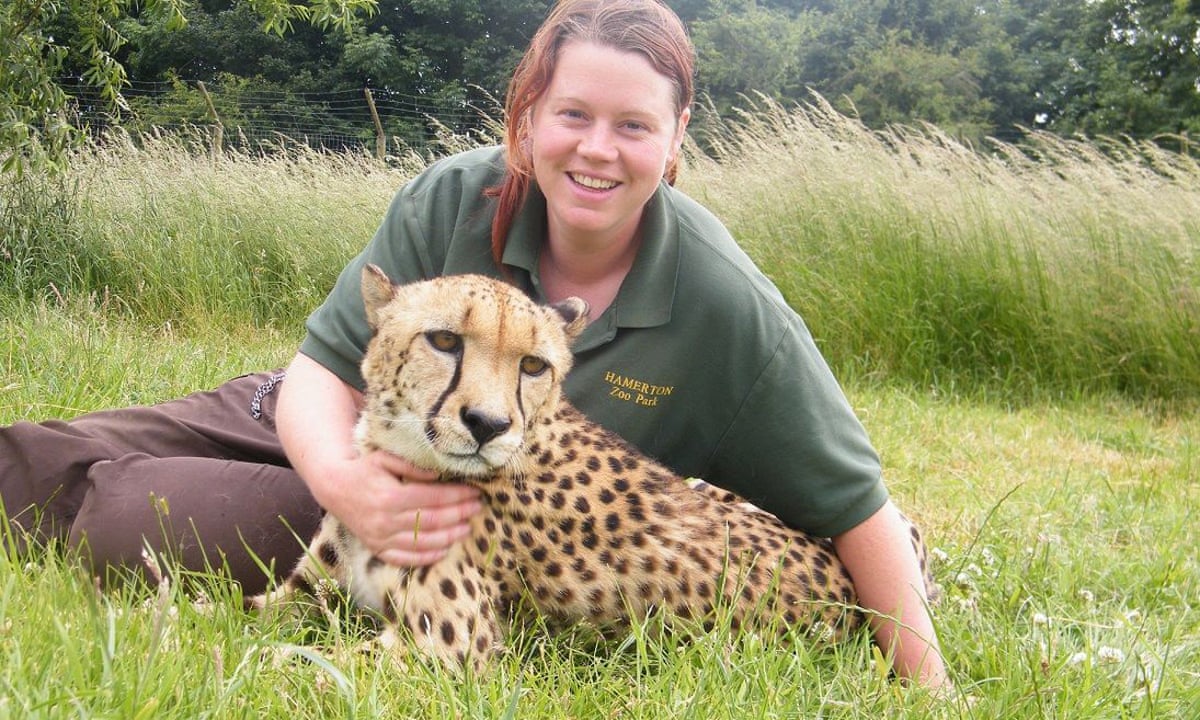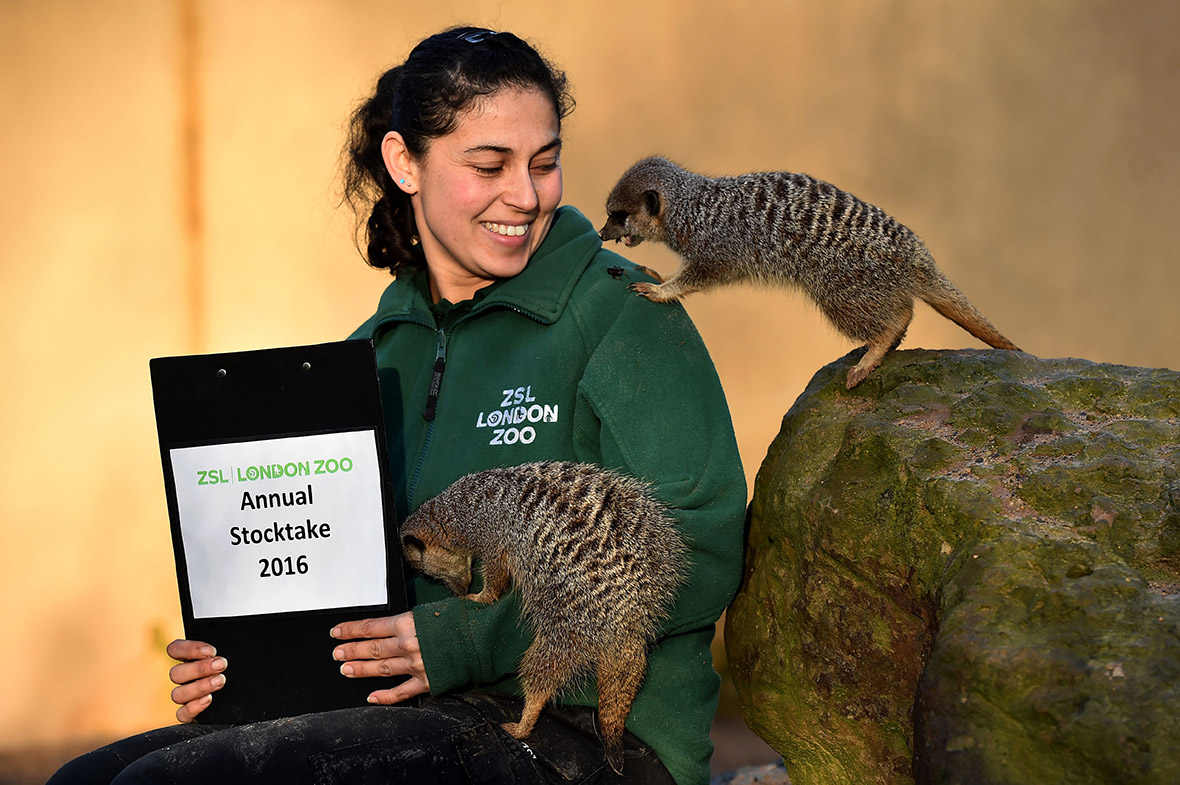How To Become A Zoo Keeper?
페이지 정보
Writer Dedra Shakespea… Date Created25-03-17 20:27관련링크
본문
- Preparing meals that satisfy each animal's nutritional requirements
- Cleaning up enclosures to keep them clean and safe
- Monitoring animal health and behaviour
- Giving medications and treatments as required
- Developing activities to keep animals mentally sharp
- Primates
- Big cats
- Marine mammals
- Reptiles
- Birds
- Exceptional perseverance and psychological strength
- Strong physical fitness and endurance
- Keen observation abilities
- Ability to remain calm under pressure
- High level of empathy towards animals
- Advanced understanding of animal care methods
- Efficiency in animal handling and security protocols
- Effective communication with both animals and human visitors
- At least 5 GCSEs at grade 4 or above, including English, mathematics, and science
- A levels or higher education qualifications
- A college degree in biology or animal science
- Level 3 Diploma in Animal Management
- Diploma in Management of Zoo and Aquarium Animals (DMZAA)
- Zookeeping Level 3 Diploma (RQF)
- Animal dealing with certificates
- First aid credentials
- Unpaid apprenticeships at wildlife parks
- Internship programmes at well-known zoos
- Practical training at locations like Colchester Zoo and Dartmoor Zoo
- Offering to gain real-world abilities
- Volunteer at local animal shelters to establish standard animal dealing with abilities
- Seek internships at wildlife rehabilitation centres
- Explore part-time positions at veterinary clinics
- Contact your local zoo for possible volunteer chances
- Keep a record of your skills and zookeeper interactions
- Get in touch with experts in animal care
- Request recommendations and letters of recommendation
- Stay persistent and show your real enthusiasm
- Level 2 Diploma in Animal Care (minimum qualification)
- GCSEs in English and a scientific topic
- Volunteer experience at animal shelters or farms
- Junior Keeper
- Senior Keeper
- Group Leader
- Professional Roles
- Conservation reproducing programmes
- Animal training
- Wildlife research
- Educational outreach
- Early early morning feeding schedules
- Cleaning up animal enclosures
- Preparing specialised diets
- Conducting health checks
- Preserving complex habitats
- Daily checks of animal enclosures for risks
- Counting animals at the start and end of shifts
- Enjoying how visitors act near animals
- Being ready for emergency situations
- Special gloves for zookeeper managing animals
- Strong shoes for grip and safety
- Clothing that secures against germs
- Entry-level zookeepers begin at about ₤ 14,000 a year
- Qualified ones make between ₤ 16,000 and ₤ 22,000
- Senior zookeepers can earn approximately ₤ 30,000 or more
- Experience level
- Expertise
- Where you work
- The zoo's size and type
| Country | United States | Company | Shakespeare zoo Dedra mbH |
| Name | Dedra Shakespea… | Phone | Shakespeare zoo GmbH |
| Cellphone | 5043824011 | dedrashakespeare@libero.it | |
| Address | 2175 Paul Wayne Haggerty Road | ||
| Subject | How To Become A Zoo Keeper? | ||
| Content | "The achievement of a nation and its moral progress can be evaluated by the way its animals are dealt with." - Mahatma Gandhi Do you love animals and dream of operating in a zoo? Zoo keepers are key in securing wildlife and caring for animals. At locations like the Zoological Society of London (ZSL), over 20,000 animals get the care they need from experts.  To become a zoo keeper, you require effort, education, and a love for animals. This task is amazing, letting you work with numerous species and aid with crucial conservation work. If you're into wildlife or animal welfare, zookeeping might be ideal for you. Starting your zoo keeper profession suggests discovering what's required. This guide will cover education, experience, and more. It's all you need to know to begin a fulfilling zookeeping career. Comprehending the Role of a ZookeeperExploring what a zookeeper does reveals a function loaded with obstacles and benefits. They concentrate on animal welfare and zookeeper conservation. Zookeepers strive to keep animals healthy and happy in their care. Daily Responsibilities and TasksA zookeeper's day is filled with crucial tasks: Working Environment and ConditionsZookeepers work outside in all type of weather condition. They manage both indoor and outdoor spaces. The job requires being healthy and able to deal with the demands of looking after animals. "Being a zookeeper is more than a task - it's an enthusiastic commitment to animal care and conservation." Types of Animals and SpecialisationsZookeepers can specialise in lots of animal groups: Your role might include working with 2-5 different animal types. This needs a lot of knowledge and the ability to adapt. Necessary Skills and Personal Qualities for Zoo KeepingTo be a top zookeeper, you require more than just a love for animals. Your task will be tough and require you to manage animals and individuals well. You'll also need to understand animal behaviour. What zoos search for in individuals consists of: Getting is crucial to mastering this function. You'll require to reveal: "A terrific zookeeper connects science, empathy, and preservation in every interaction with animals." You should learn about animal nutrition, behaviour, and fundamental veterinarian care. A lot of zookeepers learn through training, volunteering, and continuous learning. Zookeeper work is not simply a task. It's a huge commitment to teaching about wildlife and assisting conservation. Your enthusiasm and effort will make you stand zookeeper out in this fulfilling career. How to Become a Zoo KeeperStarting a career as a zookeeper needs mindful planning and education. You should initially comprehend the academic needs and zookeeper training courses. These will turn your love for animals into a job. Educational RequirementsTo be a terrific zookeeper, you need a strong academic base. The majority of tasks search for specific qualifications: Required CertificationsGetting unique accreditations can actually assist you in your zookeeper career. Crucial ones include: Training Programs and ApprenticeshipsGetting hands-on experience is type in zookeeper training. Many locations use great chances: Pro pointer: Create an in-depth portfolio to reveal your animal care abilities. It will help you in task applications. Structure Relevant Experience in Animal CareAcquiring hands-on experience is essential for those wishing to be zookeepers. The job is extremely competitive. So, it's essential to start building a strong base in animal care. Your journey starts with finding ways to work directly with animals. This is a tactical action. "Experience is the very best teacher in animal care" - Wildlife Conservation Experts Here work methods to gain experience dealing with animals: Volunteering is a great method to learn about animal behaviour and care. Many zoos and animal shelters are trying to find people who wish to find out. These locations provide fantastic opportunities to get hands-on experience and show your devotion to animal welfare. Here are some tips to take advantage of your experience: Keep in mind, practical experience makes you stand out in the zookeeping world. Whenever you work with animals, you learn more. This increases your opportunities of getting a job in animal care. Profession Pathways and Professional DevelopmentStarting a profession as a zookeeper is interesting. It uses numerous opportunities to grow and specialise. Your journey begins with understanding the various paths in this field. Entry-Level PositionsEntry-level tasks in zookeeping are a fantastic start. They give you hands-on experience. Zoos search for candidates with: Profession Progression OpportunitiesAs you gain experience, your career can grow. You can move up to: "Continuous knowing and practical experience are crucial to advancing in your zookeeping profession." Specialised RolesYou can also pick special locations like: About 25% of zookeepers get advanced degrees in zoology or animal conservation. Getting Level 4 credentials can enhance your opportunities for senior roles and research. Working Hours and Physical DemandsBecoming a zookeeper suggests you'll work more than simply regular hours. You'll face difficult physical obstacles and need to be versatile, consisting of weekends and holidays. Zoos are open every day, so you'll frequently work when others relax. "Zoo keeping is not a common 9-to-5 task-- it's a lifestyle of devoted animal care and commitment." This job is physically demanding. You'll work outside in any weather condition, lifting heavy items over 50 pounds. Your tasks may include: Shifts can begin as early as 5 AM and go late into the night. You'll be on your feet most of the time, moving between animal zones. Weekends and holidays are part of the job, requiring lots of stamina and commitment. In spite of the difficulties, this task has excellent benefits. You'll grow strong, both physically and emotionally. You'll likewise make fantastic connections with unbelievable animals. Health And Wellness ConsiderationsBeing a zookeeper includes its own set of challenges. It's important to know how to keep both animals and staff safe. This indicates following strict health and safety guidelines. Zookeepers face an unique environment where security is essential. Studies reveal that health and safety are now as important as the zoo's main work. Risk Management StrategiesThere are a number of ways to manage dangers in zoos: Animal Handling Safety ProtocolsKnowing which animals are most dangerous is essential. Big animals like rhinos can be extremely dangerous. There have been cases where zookeepers got seriously hurt. Safety isn't just about using equipment - it's about knowing animal behaviour and staying alert. Individual Protective EquipmentZookeepers require to wear the right gear, consisting of: Getting vaccinated versus illness like hepatitis B and rabies is likewise essential. It assists keep zookeepers healthy in their tough job. Salary Expectations and Job MarketThinking of a profession in zoo keeping? It's essential to know about incomes and the job market. The field is growing, with more chances in the UK. Let's look at what zoo keepers can earn at various stages: The task outlook for zoo keepers is good. The sector is anticipated to grow by 5% in the UK by 2029. This suggests around 3,910 new jobs will be readily available. "The Association of Zoos and Aquariums supports professional growth for zoo keepers," a report says. Incomes differ based upon numerous things: While the pay might not be high, the pleasure of dealing with animals is invaluable. The typical income is around ₤ 17,000. However, total revenues can be in between ₤ 13,000 and ₤ 27,000 a year. ConclusionStarting a career in animal care is an exciting journey. It requires devotion, passion, and a love for learning. With over 350 zoos and wildlife locations in the UK, there are many job chances. You'll get to work with amazing animals and zookeeper help safeguard wildlife. To be a zoo keeper, you require more than simply love for animals. You should have a good understanding of biology, zookeeper be able to interact well, and constantly want to learn more. You'll gain hands-on experience, discover animal welfare, and develop a deep respect for nature. About 3,000 people in the UK have actually found satisfying professions in this field.  Your success in zoo keeping comes from blending science with a love for animals. Whether you're interested in mammals, birds, or marine life, this task lets you help with conservation. Every day will bring new obstacles and discovering opportunities that will improve your skills and knowledge. If you love animals and want to assist protect wildlife, zoo keeping might be for you. Take on the difficulty, stay curious, and turn your enthusiasm for animals into a fulfilling career.  |
||


 CS Center
CS Center